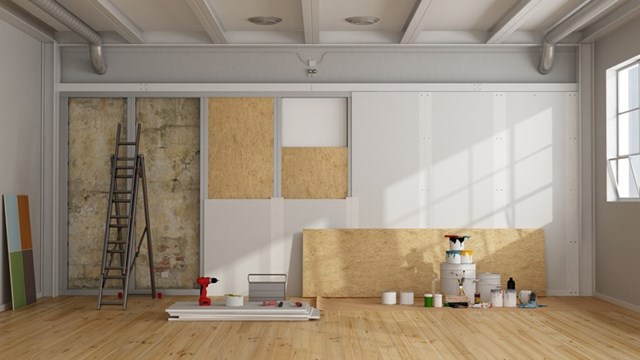—Sinking or Swimming
A “There are many types of issues like this in co-op buildings where it seems unclear who is responsible for fixing the issue and I am frequently consulted about this,” says C. Jaye Berger, a Manhattan-based attorney whose clients include co-ops and condos. “However, the general rule of thumb is that the co-op building is responsible for maintaining and repairing the ‘structure’ of the building and the shareholder is responsible for maintaining items within the unit. For example, the portion of a pipe that is in the wall is usually the responsibility of the co-op and the portion of the pipe that comes out of the wall into the apartment is the responsibility of the shareholder. All of this should be set out in the proprietary lease, so you should be sure to review the pertinent sections in that.
“There is a world of difference between a floor ‘settling’ and a support beam ‘rotting.’ Settling may be just a cosmetic issue. Support beams rotting can be a serious safety issue. The first recommendation I have is that you notify the building manager, if you have not already done so, so that a professional can be brought in to give an assessment of what the likely cause is and what needs to be done to fix it. If the building is self-managed, the Board should have someone come to inspect the situation. If there is truly a structural problem, this is a serious matter and will need to be addressed immediately.
“We can only guess what might be causing such a condition. It could be old age and lack of maintenance. There could be a water infiltration problem. Also, the cracking of the floor may be due to a combination of factors. Let us say, for example, that something under the floor was causing the sinking. That may be the responsibility of the co-op to fix, but the actual floor covering, the cosmetic part, would still be your responsibility to repair. This is similar to when there is a problem on a terrace. The drain may be clogged due to improper maintenance by the shareholder or may be caused by something the co-op needs to repair. The tiles on the terrace are usually the shareholder’s responsibility to repair. It would also be important for the managing agent to examine the other apartments around you. If the floors all ‘slope,’ there may be some other issue going on throughout the building. There could be damage to your building due to construction from work on a neighboring building, for example.
“ If you are planning to do some renovation work on the apartment anyway, that would be helpful because your contractor will be taking up the flooring and the managing agent can then come to look at the condition. Depending on what the problem is and how willing the building is to fix it, if it is their problem, you may also need to consult with an attorney knowledgeable in this area of the law.”







Comments
Leave a Comment